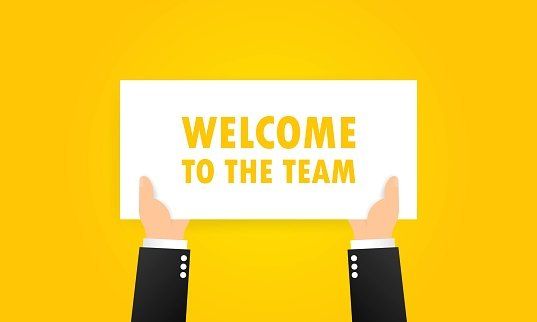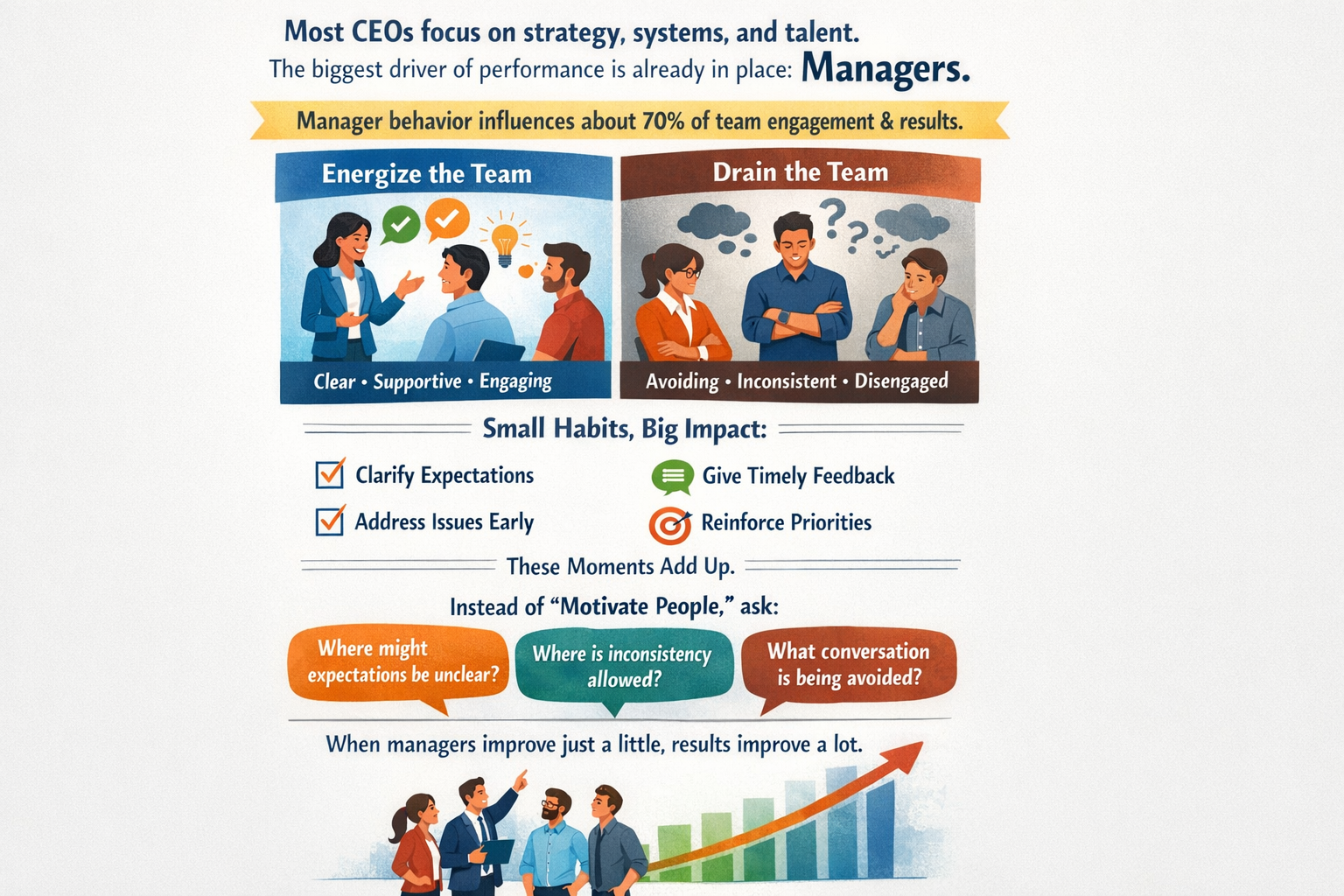The Value of Collaboration

Study after study shows that collaboration improves productivity and results, yet few organizations are highly collaborative. Collaboration involves multiple people or organizations working together to achieve a common goal. It involves a mutual understanding of and commitment to a desired result and working together with a win/win attitude.
When people with diverse experiences, knowledge, skills, and resources work together the group makes more informed decisions and adds more value to the organization and/or community. When everyone leverages their strengths, both the individuals and the group achieve more and have a greater sense of satisfaction.
However, collaborating requires us to value each other’s opinions and contributions and to support consensus or majority decisions. We have to avoid the tendency to be in charge, doing things our way. Collaboration requires being interested in other people’s ideas, asking for their suggestions, and listening to their input. It explores multiple options and discusses the pros and cons of each before taking action. Unfortunately, in our society, a competitive mindset tends to overpower collaborative efforts. Fortunately, though, examples of successful collaboration can inspire us to take this approach more often.
Let’s look at two recent successes involving safety services departments in and around the City of Lorain, Ohio. The media frequently alerts us to discord within police and fire departments, but Lorain’s police department is currently seen as a desirable place to work by many officers throughout Lorain County. Lorain’s Police Chief, Jim McCann, is a collaborative leader. He has an advisory council of several police officers with various positions in the force. When the group meets, he updates them on department initiatives and asks them to provide feedback on what is going well or not so well. He listens to their concerns and queries and explains the rationale behind various decisions. Also, Chief McCann values the leadership role of lieutenants and captains by reminding officers to address day-to-day concerns with them.
He believes that his strengths are best suited to leading within the department so has delegated community relations to an officer with greater strengths in that area. McCann believes his role as Police Chief includes providing clear expectations, communicating effectively, and equipping and supporting his staff for success.
Chief McCann also believes in collaborating with neighboring cities. Preparations for and security during President Biden’s recent visit to Lorain involved safety services personnel from Amherst and Vermilion. Chief McCann was quick to give much of the credit for Biden’s safe visit to the strong cooperation among the people from all three cities. They worked so well together that the Secret Service praised them for being one of the best local security teams they have worked with. What a great reputation to have!
Collaboration requires thinking and acting beyond our personal interests with the intent of achieving win/win results. Yes, it takes effort to invite diverse involvement and consider multiple perspectives, but I believe the long-term benefits are well worth the effort. What about you?


